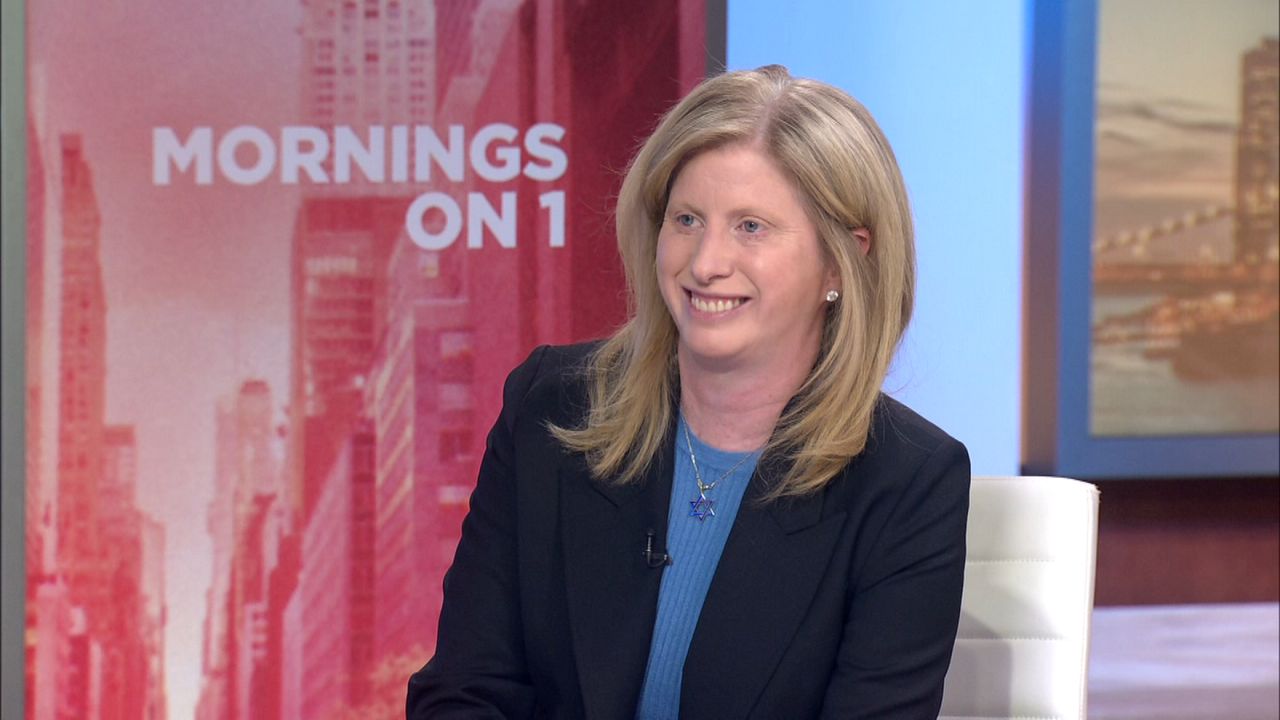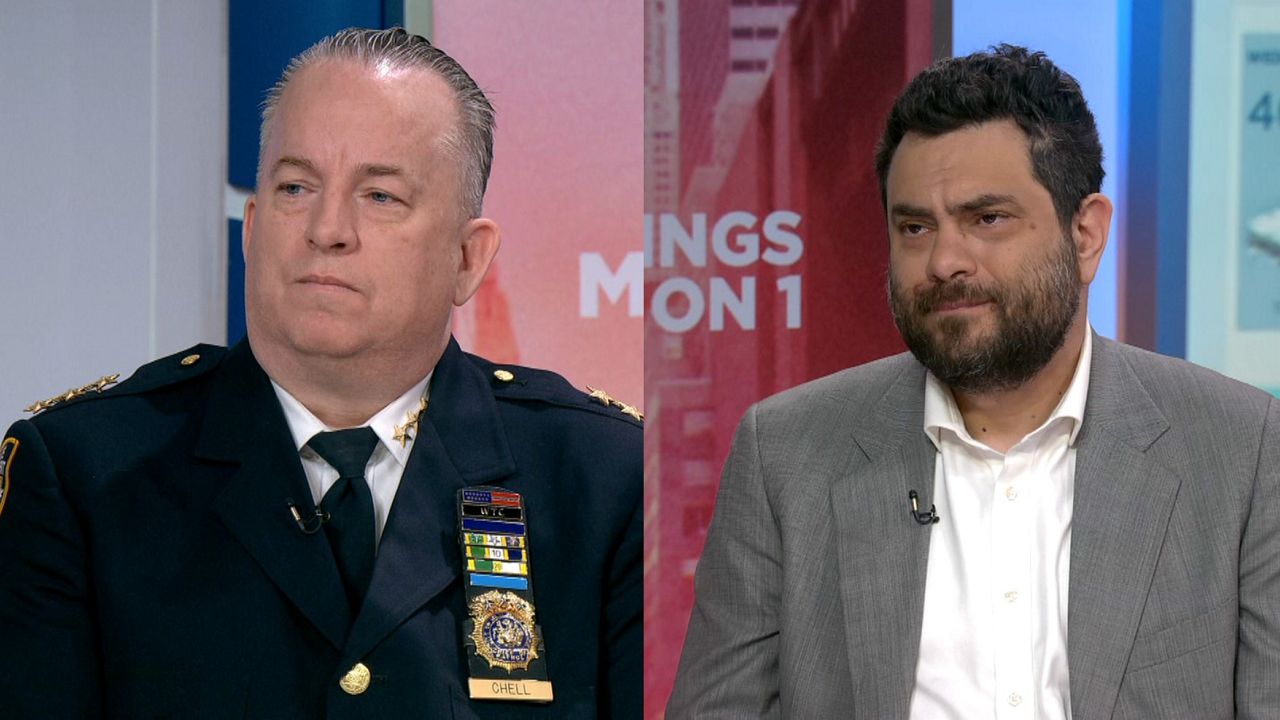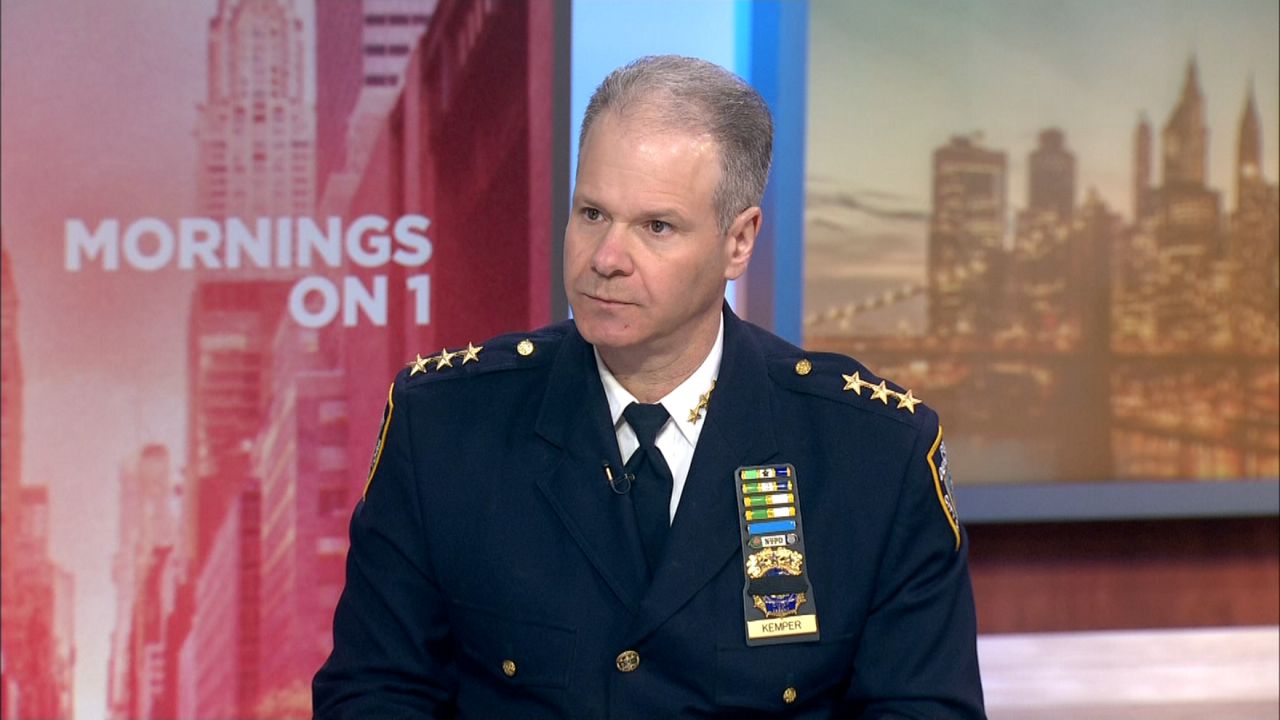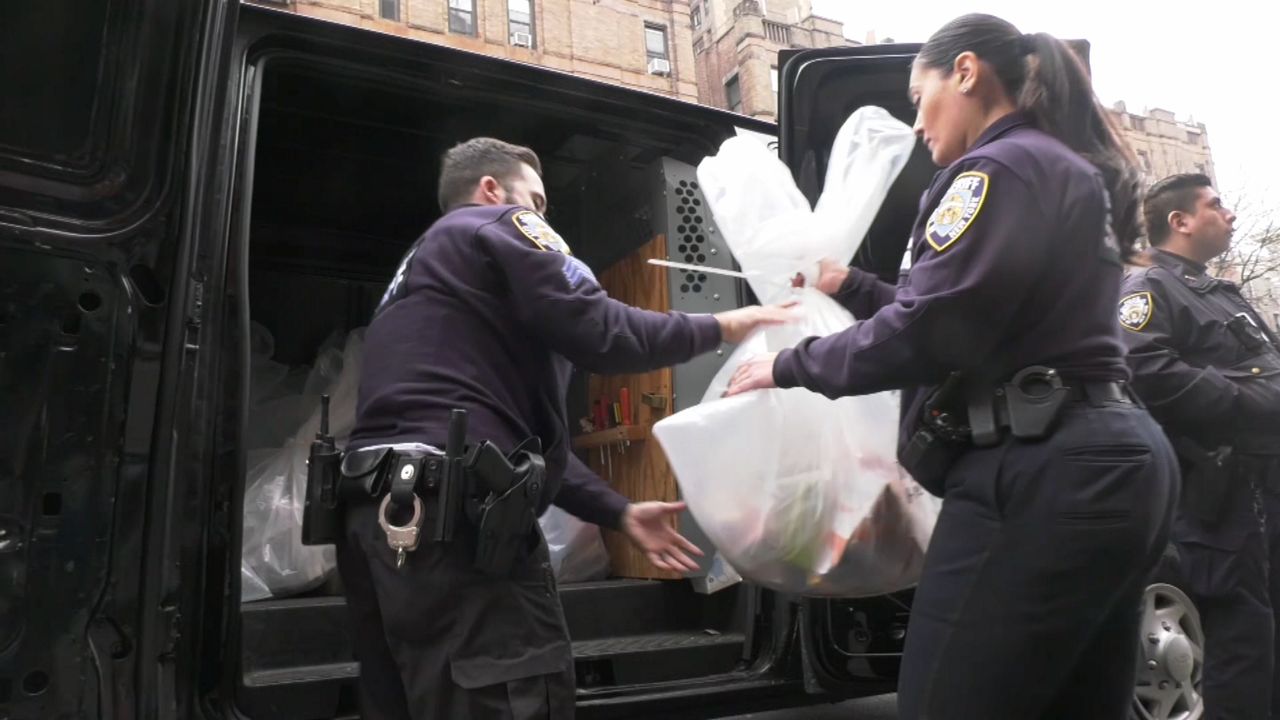NYPD Commissioner Jessica Tisch has been on the job for only a few weeks, but she’s already touting progress as new crime statistics showed New York City saw double-digit declines for two consecutive months.
“New Yorkers should be encouraged by these numbers,” Tisch said during an interview Friday on “Mornings On 1.” “We're not talking about small drops in crime. We're talking about meaningful decreases. A few weeks ago, we went five days without a single shooting in New York City—that broke a 30-year record. So we're really making progress.”
The drop in crime was seen across all five boroughs, according to NYPD data. Subway crime, which has been a major concern for commuters, saw an even steeper decline—down more than 36% year over year.
Tisch credits the decrease to the city’s “zone-based policing” strategy.
“Historically, the NYPD would look at crime on a precinct level. The precincts are huge—they can be four square miles or more,” she said. “Right now, we're looking at zones—smaller areas, maybe a few blocks, maybe a portion of a neighborhood where we're seeing crime problems, and we're flooding officers into those problematic zones.”
But she did acknowledge that many New Yorkers still feel unsafe, particularly in the subway system.
“As the mayor said, it’s not just about making people safe, it’s about making people feel safe. And we know right now, New Yorkers don’t feel safe,” she said.
To combat perception, the NYPD has ramped up its presence underground.
“We have two cops out working on every overnight train—there are about 150 of them,” she said. “And we’ve also moved our deployments around in the subway system. Instead of standing at entrances, we have officers on platforms and trains, because we know that’s where 78% of crime actually occurs.”
Tisch believes this is making a difference.
“You see the crime reduction numbers—when you compare January to January, [transit] crime is down over 36%. So yes, that seems to be working,” she said. “And hopefully, when people start to see more cops on the subways, as they have been for the past few weeks, that will start to make people feel more safe.”
Beyond major crimes, Tisch is also making quality-of-life issues a priority.
“I think New Yorkers are calling out for this. You could live in the safest neighborhood in the city, but if you walk out your door and see aggressive panhandling, unruly vending, encampments or abandoned vehicles, it gives the perception that things aren’t safe,” she said “We’ve got to make sure people feel that there isn’t chaos and disorder on our streets.”










